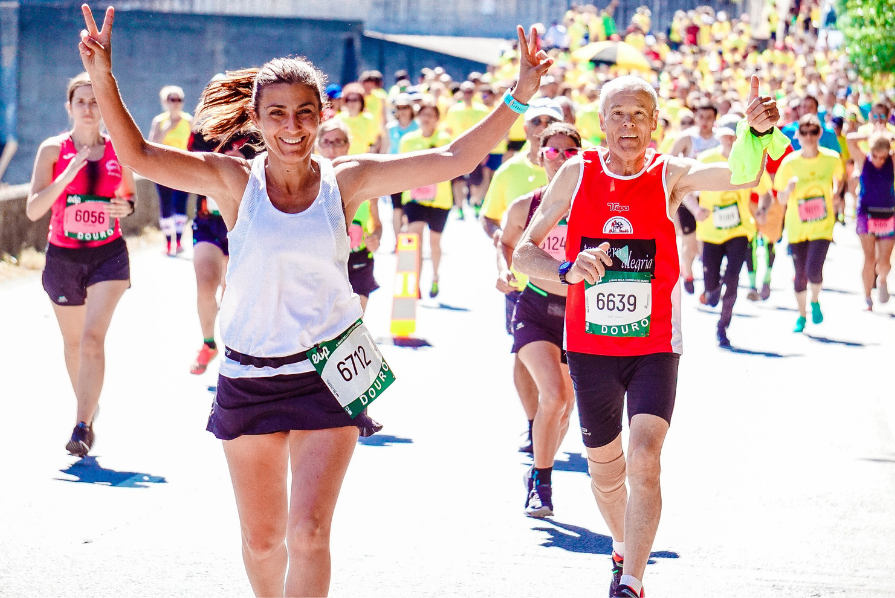Stop Inflammation in its Tracks and be a Healthier You!
- by Stephen Touhey
-

Stop Inflammation in its Tracks and be a Healthier You!
There are two types of inflammation your body can experience, chronic and acute. When you get a hangnail or stub your toe, you may notice that the skin around the cut or bruise gets red and swollen; this is acute inflammation. White blood cells are sent to the area to protect it and prevent infection from moving further into the body. Internally, the same effect happens when you have the flu or eat foods that cause inflammation. According to Harvard Medical School, five foods may be causing inflammation that you don’t realize:
Chronic inflammation is often long-lasting in the body and develops over time. Lack of cortisol, allergies, old injuries, and autoimmune disorders are the main reasons you may experience chronic inflammation. There are certain ways to reduce inflammation in your body like taking nonsteroidal anti-inflammatory drugs (NSAIDs) or corticosteroids. However, Healthline has shared that long-term use of over-the-counter medications is linked to a higher risk of conditions like kidney or peptic ulcer disease. Corticosteroids can also lead to vision issues, high blood pressure, and even osteoporosis.
Therefore, taking the holistic approach is by far the best method. Instead of taking medications that can lead to long-term effects, you can treat your inflammation with an anti-inflammatory diet, natural supplements, exercise and proper sleep, or bio-frequency patches.
Anti-Inflammatory Diet
An anti-inflammatory diet is crucial for overall health and wellness. The Mayo Clinic suggests consuming a higher intake of plants like fruits, veggies, whole grains, and legumes. Consider also adding olive oil and fatty fish to your diet. If you are an avid coffee drinker, try switching to green tea. Packed with polyphenols, this delicious drink fights off free radicals in the body that promote inflammation. If you find these steps still aren’t enough, consider changing your diet to intermittent fasting. In intermittent fasting, you only eat during a specified window of time each day. The average window is 8-10 hours, so a common method is only eating between 10 am and 6 pm.
Natural Supplements
There are specific supplements that help reduce inflammation without harming your body long-term. Fish oil, lipoic acid, and curcumin are known to reduce inflammation. You can also add spices to your diet like ginger, garlic, cayenne, turmeric, rosemary, and cinnamon. Studies have shown that these spices slow down processes in your body that lead to inflammation.
Exercise & Sleep
Proper exercise and sleep can do wonders for your inflammation. Something as simple as a brisk walk for 20 minutes or a yoga session where you get in tune with your breathing can lower your cortisol levels. On average, your body should be getting 7-9 hours of sleep per night. Focusing on going to bed and waking up at the same time, removing screens 30 minutes before sleep time, and ensuring your space is cool, dark, and quiet, can help you gain quality sleep nightly.
Bio-Frequency Patches
Bio-frequency technology, or bioresonance, can bring your heart rate down and boost your immune system by emitting electromagnetic waves that allow cells to vibrate at their natural frequency, therefore treating inflammation holistically. At BioActivate, we have an incredible Immune Boosting Body Patch that supports a healthy immune system and reduces allergy symptoms. This easy-to-wear patch lasts 48 hours and survives through water, sweat, and more. Regulate your frequency with BioActivate today!




